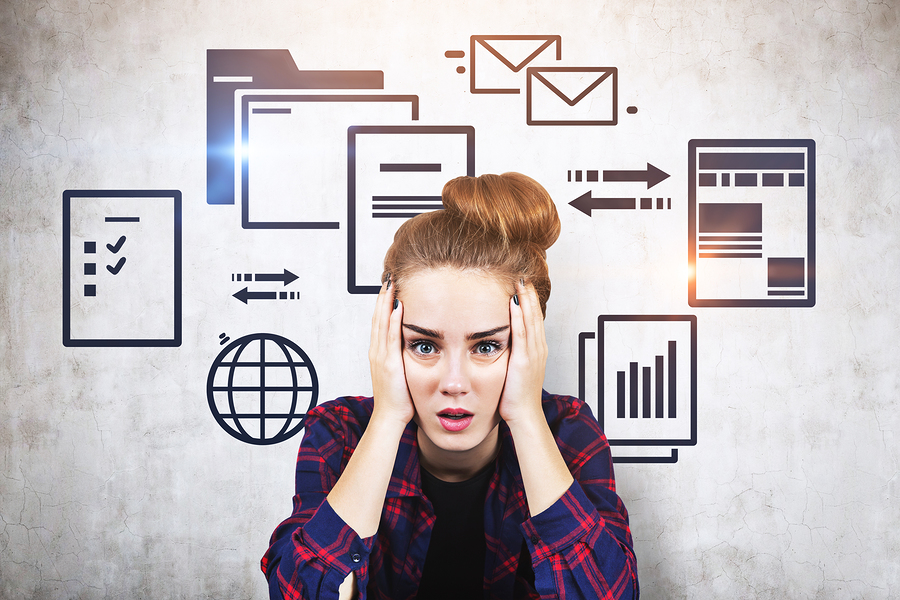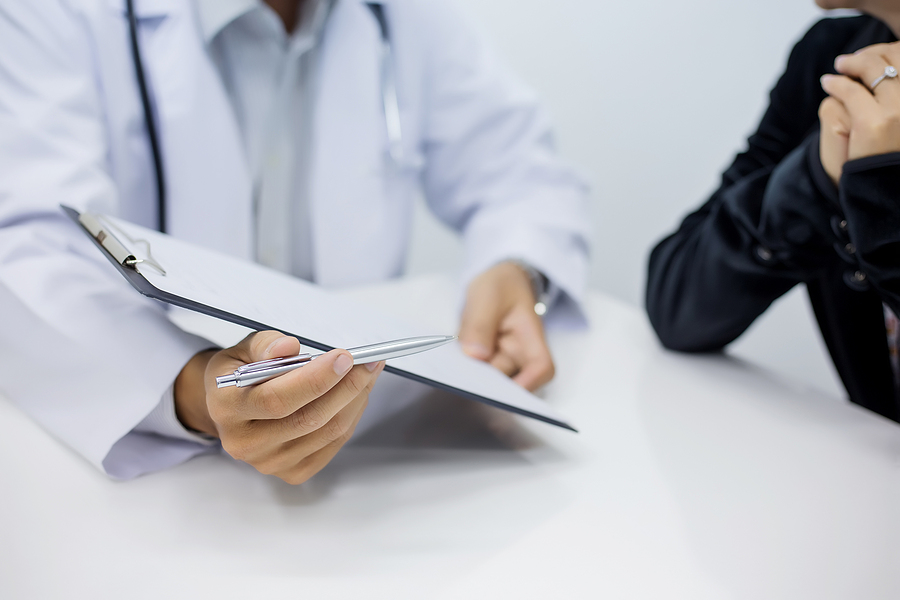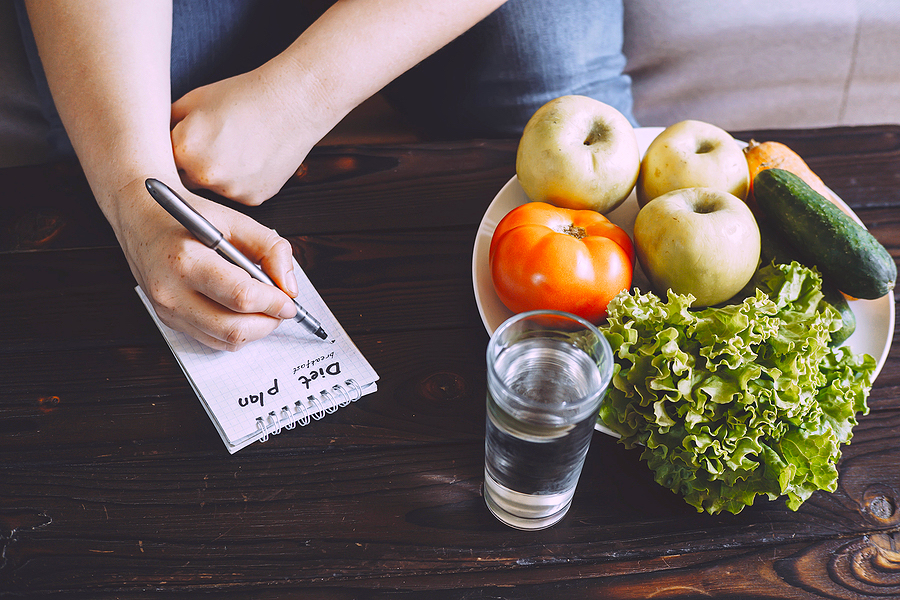There is so much information circulating right now about the new coronavirus and the disease it causes, COVID-19.
I am reading everything I can get my hands on, because I know it’s hard for people to sort out and I’m committed to helping you all make sense of what’s in the news, on social media, and what you hear from friends and family.
It’s all too easy for someone to read something and pass it along without checking the source, the validity of the information, or whether or not the proposed “solution” actually works.
That’s why today, I want to walk through some of the questions I’m hearing. These include:
- What, exactly, are coronavirus and COVID-19? Are they the same thing?
- What about how quickly confirmed cases of the disease are rising? Should this strike fear in me? Does it mean things are spiraling out of control?
- Which ideas on how to prevent infection or the spread of the coronavirus work? And what about cures? Are the drugs I’m hearing about in the media really effective? Should everyone who contracts COVID-19 be taking them?
I’m going to take a quick look at these questions and then I’ll give you my 3 top tips for protecting yourself and your immune system.
Are the new coronavirus and COVID-19 the same thing?
As I said above, there is a difference between the two. One is a virus, and one is the disease it causes.
Coronavirus is not a new virus – we’ve seen it before. But this current virus that is spreading is a different strain, called SARS-CoV-2. The disease that results, which is called COVID-19, can wreak havoc on your health, particularly if you’re in a high-risk category.
One of the big issues right now is that we simply don’t know enough about this virus, how it’s spread, and what treatments might be effective against it. Research can’t be rushed – it takes time to test vaccines and treatments. And in the meantime, confirmed cases are skyrocketing and people are dying. That’s why it’s so important to pay attention to guidelines set out by the WHO, the CDC, and healthcare professionals.
Why do rising numbers of confirmed cases and death rates mean?
The news can be a good source of information, but it can also incite panic unnecessarily. Yes, the number of confirmed cases is rising quickly. And yes, there are more deaths reported every day. But what do those numbers really mean?
The answer is so complicated that I can’t begin to do it justice here. But I want you to understand a couple of key points – and I urge you to thoroughly read and think about stories from a number of sources, not just the headlines.
First, let me just remind you that as we develop more efficient testing, and tests are more widely available, then of courseconfirmed case numbers will go up. That doesn’t necessarily mean there are more cases now than last week – it just means we know more. We have more complete information. And as scary as the numbers may seem, that’s a good thing! As we begin to realize exactly how many people have contracted the disease and recovered from it, maybe we can relax a little.
We know that the incubation period for this virus can be long – up to 14 days before symptoms occur (though 5 days is the average). We know that around 80% of people infected with the virus develop only mild symptoms, if any at all. That means that around 20% of those infected develop serious symptoms, which may lead to death.
The death rate from COVID-19 varies widely, and there are many factors to consider – including age, location, and vulnerability due to comorbid conditions. But as we realize that there are likely far more cases of COVID-19 than we know, these death rates just may be overinflated. That doesn’t mean we shouldn’t take note – after all, any deaths are too many. But panic won’t help anything, and might actually make your chances of getting seriously ill higher as it weakens your immune system.
What are the best ways to prevent the spread of this coronavirus?
This morning, I watched a video of Dr. David Price, a physician in the thick of the crisis in New York City. He, like many other medical professionals, had some sound advice on how to prevent the spread of COVID-19. And what I liked most about the video is that he emphasized that we do not need to be afraid. If you are aware of the necessary precautions, the spread of COVID-19 can be contained.
So what are those precautions? What are the best things people can do to ensure not only that they don’t be come infected, but that they don’t pass the virus along unknowingly? Let’s take a look.
- First and foremost, wash your hands and don’t touch your face. I really can’t say this one enough. The virus starts in the throat, and it gets there through the eyes, nose and mouth. That’s why if you are touching a contaminated surface and then touching your face, your chances of becoming infected rise.
- Practice social distancing. Yes, there’s a good reason behind the measures being taken to reduce large gatherings and keep people distant from each other. Just one person out in public who doesn’t realize their infected or isn’t taking appropriate precautions can infect countless others. And they’ll never even know it.
- Stay home. I know this is hard, but it really is one of the best ways to avoid spreading the disease. You may have necessary errands, or you may still be required to be at work. Take precautions when you have to do out by wearing gloves (especially when touching gas pumps, etc). And save purely social gatherings for a less risky time. Staying home is especially important if you have any symptoms at all – even if you think it’s just a cold. If you have mild symptoms, and they’re gone in a day or two, you’re probably right – it was a cold. But if you happen to develop more serious symptoms, you’ve avoided spreading the disease to others. Isn’t staying home worth it then?
- Clean surfaces thoroughly and often. We really don’t know exactly how long the virus can live on some surfaces, so it’s better to be safe than sorry. Follow CDC recommendations for cleaning surfaces that are touched often, such as doorknobs, countertops, tables, bathroom fixtures, and electronics, and including the Groceries you come home with.
Are the treatments I’m hearing about really effective?
You may have seen headlines on the promising nature of treatment with chloroquine, a generic malaria drug used to treat some autoimmune diseases. Yes, this has been used, and initial studies have shown a fair amount of success. Remember, however, that these studies are very small, and there hasn’t been nearly enough time to know exactly what side effects may result. This drug has been shown to have some rare, but very serious, side effects. I lean towards natural prevention and treatment as often as possible. For patients with very severe symptoms it may be worth trying, but at this point, I am not sure it should be used as a first course of treatment for everyone.
A number of other drugs on the market used to treat HIV and other infections are also showing hopeful preliminary results for recovery. But again, there hasn’t been time to really study these, and they should be used in severe cases, not as a first line treatment.
Finally, I want to remind everyone that antibiotics treat bacteria, not viruses. It’s unlikely, then, that any antibiotic will be effective in treating COVID-19 (unless there’s an underlying bacterial infection as well).
How can I keep myself healthy?
One of the most important things right now is to keep yourself healthy, both physically and emotionally. As hospitals deal with more and more cases of COVID-19, the more you can do to keep yourself healthy, so you don’t need their services, the better. Here are three ways that make a huge difference to your health. As an added bonus, all of these things are relatively easy to do!
- Eat for optimal health. There’s never been a better time to overhaul your eating habits. Staying away from processed foods and ramping up your intake of fresh, organic fruits and vegetables can give your immune system the support it needs to keep you healthy. You’ll want to be sure to get an adequate supply of many key nutrients that boost your immune system functioning. Because it can be hard to get these through food alone, supplementing can be very beneficial. Limit your intake of sugar (including alcohol), which can really damage immune function.
- Support your adrenal glands. As I wrote about earlier this week, your adrenals are vitally important to keeping your immune system strong. Stress relief is essential to adrenal support, so now more than ever, you must make time for yourself. Keep yourself moving with gentle exercise, like walking, yoga, Pilates, or tai chi. Make sleep a priority. Set aside time to meditate, journal, or enjoy a cup of tea. Anything that helps you manage stress and calm your nervous system will help keep your body strong and healthy.
- Disconnect physically, not emotionally. Do not neglect your need for social connection – especially if you are living alone. There are so many great ways to stay connected in our modern world. With the internet, the world is at our fingertips. Phone calls, text messages, emails and even letter writing can help keep you connected with loved ones, even if you can’t be together.
We are all watching this pandemic evolve together. Sadly, the confirmed cases in the US rose higher than any other country this week. We MUST take this seriously. But we don’t need to panic. And you don’t need to deal with it alone. I’m here to help in any way I can, so please reach out and let me know what you need. We’re all in this together, and together, we will get through it.







